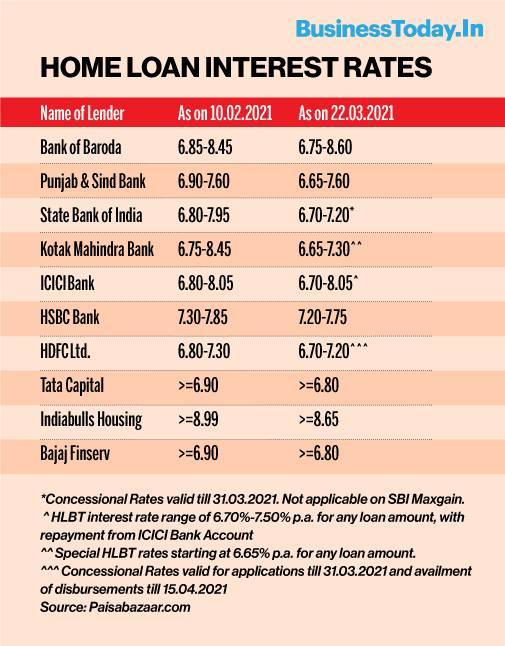What Are House Loan Rates?
House loan rates refer to the interest rates charged by lenders on mortgage loans. Expressed as a percentage, these rates represent the annual cost of borrowing money for the purchase of a home. https://bighomeimprovement.com/ can be fixed or adjustable, depending on the type of mortgage.
How Do House Loan Rates Work?
House loan rates are determined by various factors, including:
- Economic Conditions: House loan rates are influenced by broader economic factors such as inflation, economic growth, and central bank policies. During periods of economic expansion, rates tend to rise, while they may decrease during economic downturns.
- Creditworthiness: Borrowers with higher credit scores generally qualify for lower interest rates, as they are considered less risky to lenders. Lenders use credit scores to assess the likelihood of borrowers repaying their loans on time.
- Loan Term: The length of the loan term can affect house loan rates. Generally, shorter-term loans have lower interest rates compared to longer-term loans, although monthly payments may be higher.
- Down Payment: The size of the down payment can influence house loan rates. A larger down payment often results in a lower interest rate, as it reduces the lender’s risk and demonstrates the borrower’s financial stability.
Types of House Loan Rates
There are two main types of house loan rates:
1. Fixed-Rate Mortgages
With a fixed-rate mortgage, the interest rate remains constant throughout the loan term. This offers borrowers predictability and stability, as their monthly payments remain unchanged regardless of changes in market interest rates.
2. Adjustable-Rate Mortgages (ARMs)
Adjustable-rate mortgages feature interest rates that can fluctuate periodically based on market conditions. Initially, ARMs often offer lower interest rates compared to fixed-rate mortgages, making them attractive to some borrowers, especially those planning to sell or refinance before the rate adjusts.
Comparing House Loan Rates
When comparing house loan rates, it’s essential to consider the Annual Percentage Rate (APR), which reflects the total cost of borrowing, including both the interest rate and any additional fees or charges associated with the loan. Additionally, borrowers should obtain Loan Estimates from multiple lenders to compare offers and identify the most competitive rates and terms.
Strategies for Securing the Best House Loan Rates
To secure the best house loan rates, consider the following strategies:
- Improve Your Credit Score: Maintaining a good credit score by paying bills on time, reducing debt, and monitoring credit reports can help qualify for lower interest rates.
- Shop Around: It’s essential to shop around and compare offers from multiple lenders to find the best rates and loan terms. Online comparison tools and mortgage brokers can be valuable resources in this process.
- Consider Points: Borrowers may have the option to pay discount points upfront to lower their interest rate. While this requires an upfront payment, it can result in long-term savings, particularly for those planning to stay in their homes for an extended period.
Conclusion
House loan rates are a critical factor in the home buying process, as they directly impact the affordability of homeownership. By understanding how house loan rates work, comparing offers from different lenders, and implementing strategies to secure the best rates, borrowers can make informed decisions and achieve their homeownership goals.





